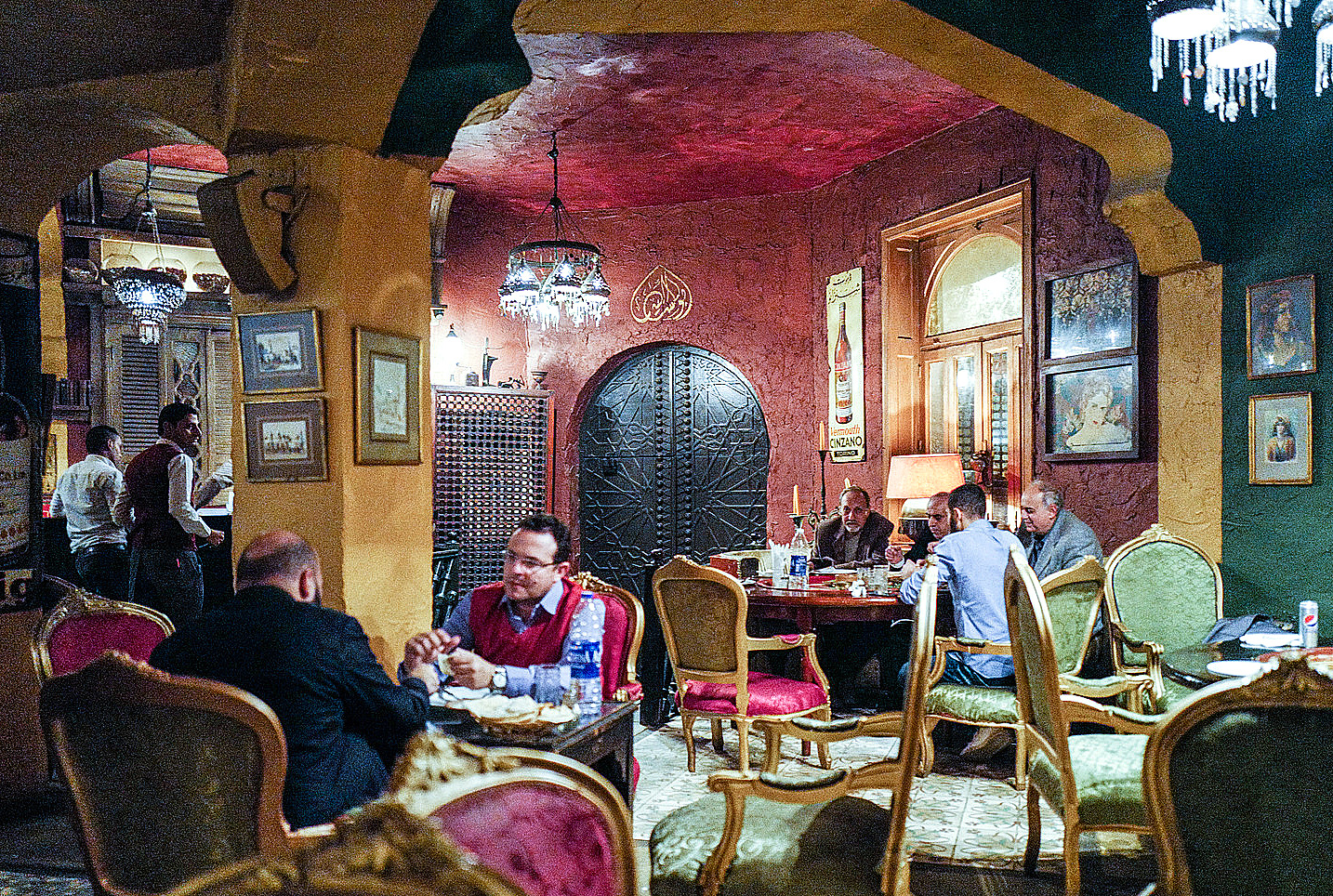Beheira
WELCOME TO Beheira
Province Overview
Damanhur
9,826 km2
6.5 million
Arabic
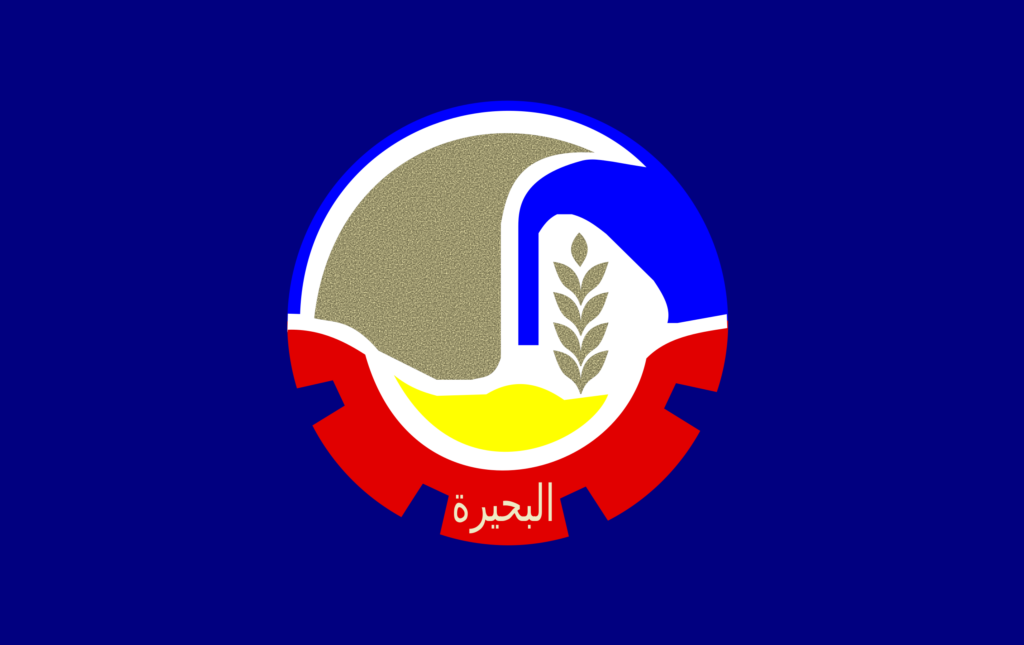
Popular
Geography and Tourist Attractions
Information about the province's tourist attractions, including popular destinations, events, and activities.

Lake Mariout
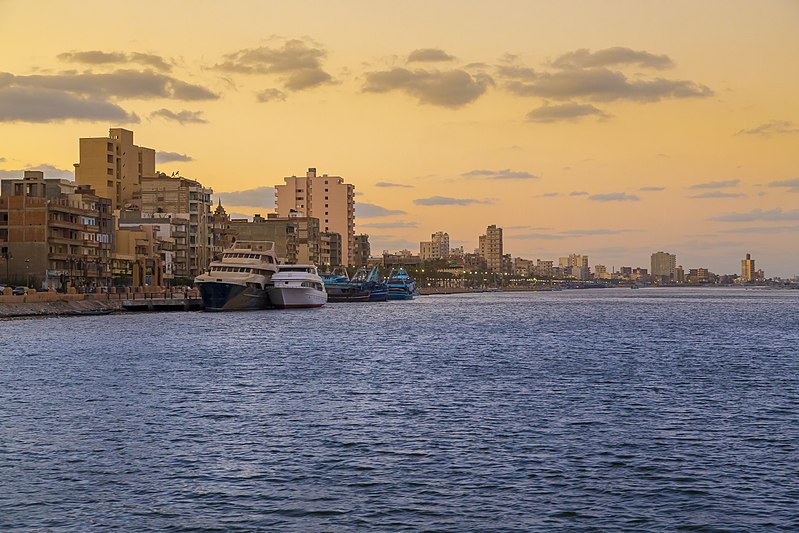
Rosetta (Rashid)
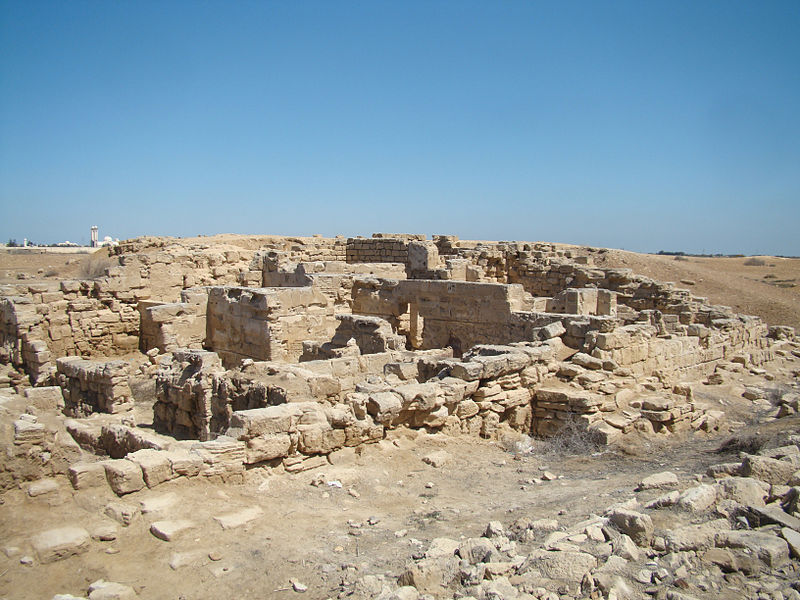
Abu Mena
Political
Economy and Government
The province of Beheira in Egypt has a diverse economy driven by various sectors. Agriculture plays a significant role, with fertile lands along the Nile Delta supporting the cultivation of crops such as rice, cotton, and vegetables. Fishing is also prominent, thanks to its coastal location and access to the Mediterranean Sea.
Beheira's industrial sector contributes to its economy, encompassing textile factories, food processing plants, and manufacturing industries. The province benefits from its strategic position as a transportation hub, with well-connected road and railway networks facilitating trade and commerce.
In terms of governance, Beheira is administratively divided into several districts, each with its own local council responsible for managing local affairs. The province is governed by an appointed governor who represents the central government.
The government's focus on infrastructure development and investment in the region has aimed to stimulate economic growth and improve the quality of life for residents. Efforts have been made to attract foreign investment and promote tourism by highlighting the province's natural beauty and cultural heritage.
Government initiatives also aim to enhance education, healthcare, and public services in Beheira. Additionally, various social welfare programs have been implemented to support vulnerable communities and alleviate poverty in the province.
Overall, Beheira's economy is driven by agriculture, industry, and trade, while the government's efforts focus on infrastructure development, investment promotion, and social welfare programs to uplift the province and improve the well-being of its residents.
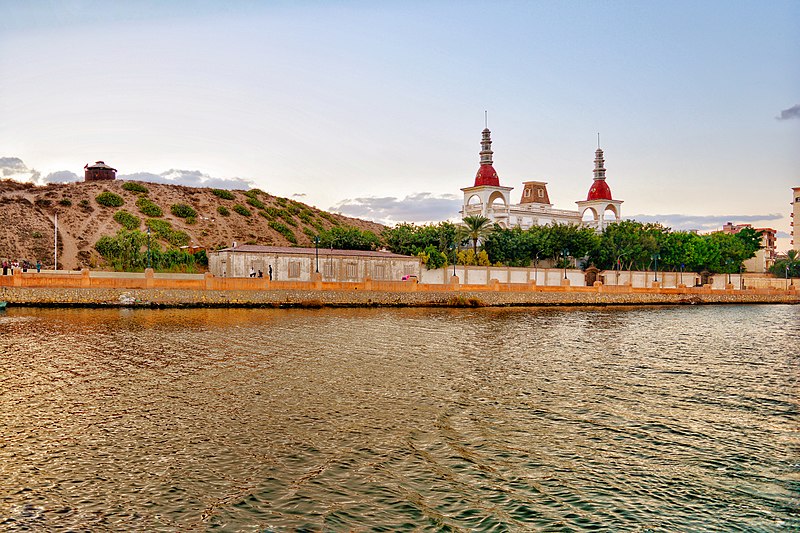
History
History and Culture
Beheira province, located in northern Egypt, boasts a rich history and vibrant culture that reflects the region's diverse influences. Historically, Beheira was part of the ancient Lower Egypt, with remnants of ancient cities and archaeological sites dotting its landscape. One of the province's prominent historical landmarks is the ruins of the city of Abu Sir, which date back to the Old Kingdom era.
Beheira is also known for its cultural heritage, blending elements of Egyptian, Mediterranean, and Arab traditions. The province is home to a variety of traditional festivals and celebrations that showcase its cultural richness. One such event is the annual "Moulid Abu El-Abbas," a religious festival held in the city of Damanhur, attracting pilgrims from far and wide.
The province's cuisine reflects its coastal location, with seafood dishes taking center stage. Popular local delicacies include Sayadiya, a spiced fish and rice dish, and Fattah, a flavorful meat and bread dish. Beheira's handicrafts, including intricate embroidery and pottery, are cherished for their artistic beauty and craftsmanship.
Whether exploring its historical sites, indulging in its culinary delights, or experiencing its vibrant festivals, Beheira province offers a captivating journey through Egypt's history and cultural tapestry.
HOTELS
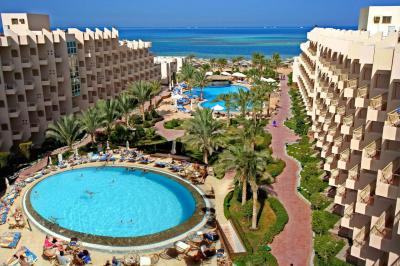
Beau Rivage Hotel
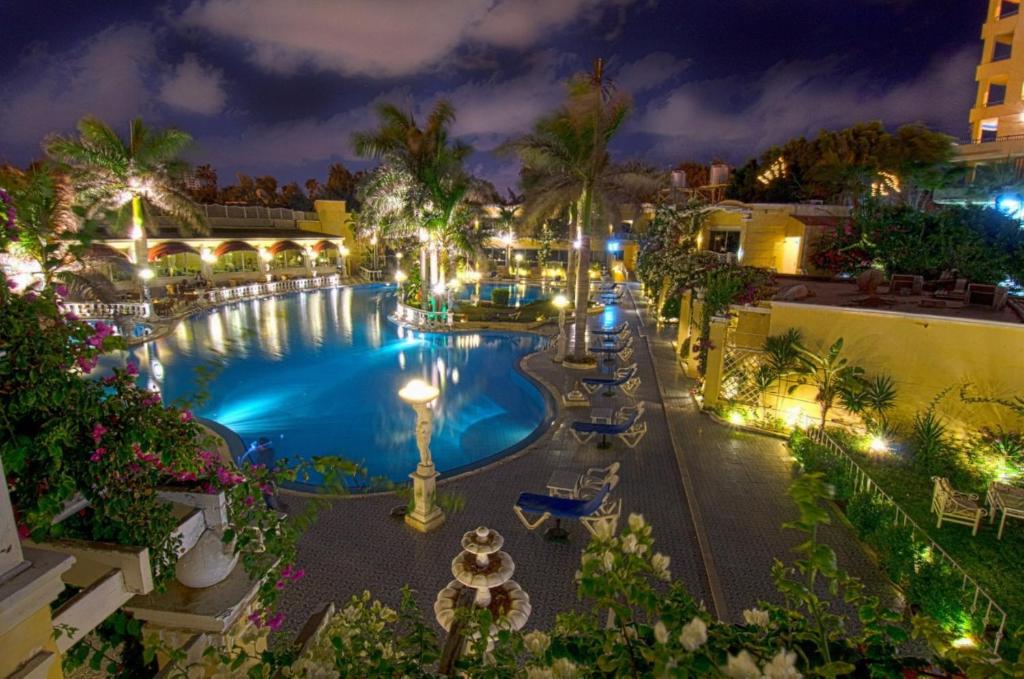
Paradise Inn Beach Resort
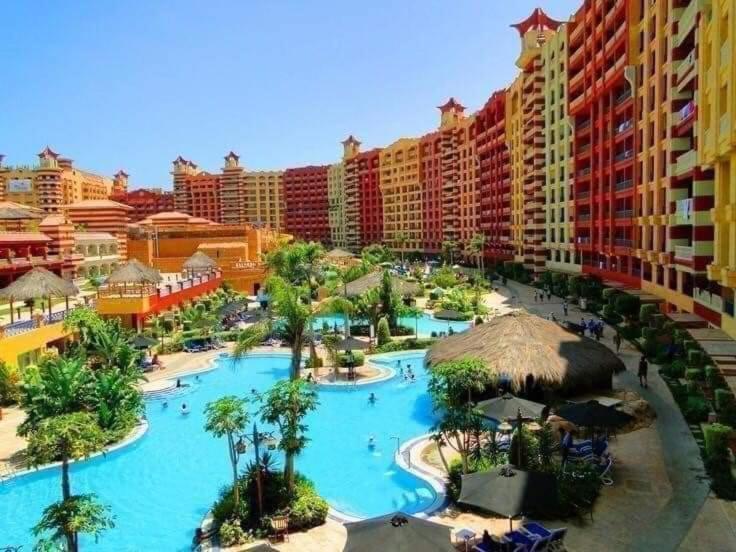
Porto Marina Resort & Spa
RESTAURANTS

El Mahrousa
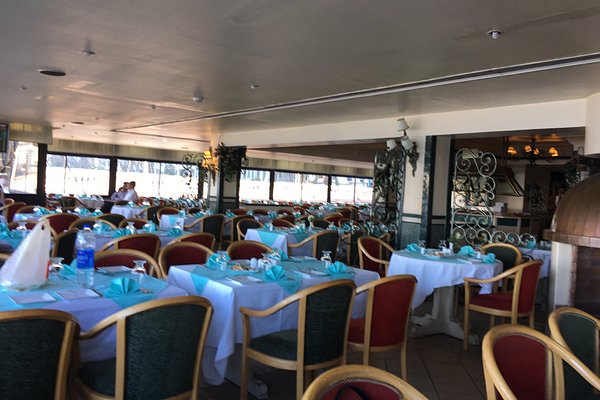
Al Montazah
